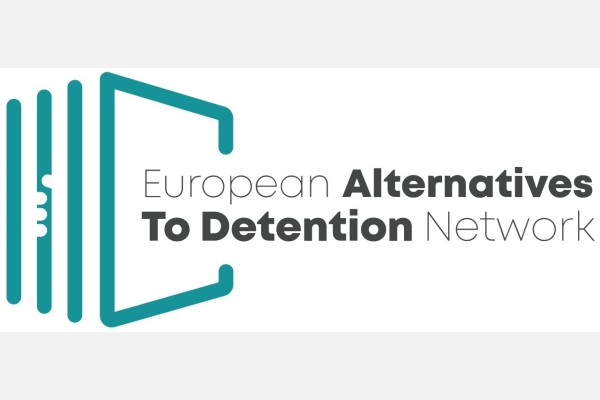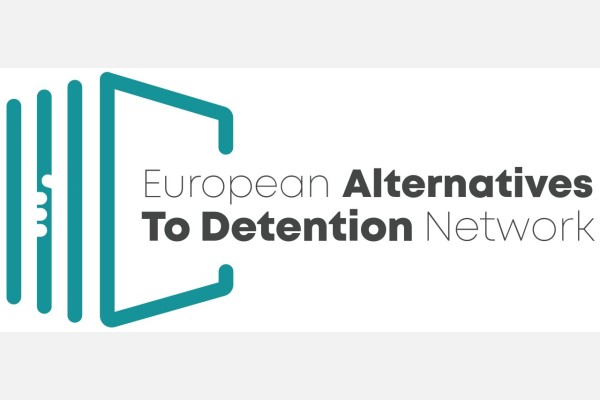Repository of Practices

European Alternatives to Detention Network
Dates
Type of practice
Geographic scope
Regions:
Summary
The European Alternatives to Detention Network (EATDN) is a group of NGOs that aims to end immigration detention in Europe. Established in 2017, it brings together civil society organisations implementing case management-based ATD (alternatives to detention) pilots in seven European countries (Belgium, Bulgaria, Cyprus, Greece, Italy, Poland and the UK) in partnership with regional-level and international organisations. The network – which is facilitated by the International Detention Coalition – aims to create a shift at a systemic level from enforcement-based migration management systems that rely on detention, to promoting community-based alternatives. Ultimately, the goal of the EATDN is to reduce and eventually end the use of immigration detention. The EATDN works towards this by building evidence and momentum on rights-based approaches which are based on the principles of case management in the community, in order to demonstrate how migration management without detention can be effective. Network members implement and test case management-based approaches aimed at supporting individuals in an irregular situation to work towards a durable solution while living in the community. They also provide non-coercive, non-enforcement based ATD to support people who would or could otherwise be detained, and promote the further expansion of this model over enforcement-based ATD. The pilots are all carried out in line with the principles of the Community Assessment and Placement (CAP) model, employing case managers to work with individuals at risk of detention in order to ensure that their holistic needs are being met.
Organizations
Main Implementing Organization(s)
Detailed Information
Partner/Donor Organizations
Benefit and Impact
Key Lessons
• The importance of using evidence and learning coming out of the pilots in order to effectively advocate for changes in law, policy, and practice. It is key to create the political space to make this possible, and advocacy strategies must be based on a deep understanding of key stakeholders and of the level at which advocacy can be undertaken most strategically. This includes coordinating local, national and regional efforts.
• The importance of network building as an enabler. It is only through strategic and reliable partnerships that the Network can successfully scale its innovative approach. This includes working with partners in a range of sectors as well as national and local authorities.
• Grounding our work in lived experience. The EATDN is committed to meaningfully working with people on the move who have lived experience of immigration detention in order to ensure that our pilots and approaches are truly responsive to their needs and demonstrate their leadership and agency.
Recommendations(if the practice is to be replicated)
- Investing in innovative civil society pilots;
- Scaling up and resourcing pilots where they have shown effectiveness;
- Increasing collaborative partnerships with civil society actors.
For actors keen to replicate this practice, the Network website (https://atdnetwork.org/) includes good practice around implementing the case management approach and working with people at risk of detention. IDC's CAP model also contains key elements for organisations to consider. The Network has also produced a document on case management-based approaches: https://picum.org/wp-content/uploads/2020/04/Conept-Paper-on-Case-Management_ENg.pdf
Innovation
Additional Resources
Additional Images
Date submitted:
Disclaimer: The content of this practice reflects the views of the implementers and does not necessarily reflect the views of the United Nations, the United Nations Network on Migration, and its members.
More Related Practices:
Peer Reviewer Feedback:
*References to Kosovo shall be understood to be in the context of United Nations Security Council resolution 1244 (1999).
Newsletter
Subscribe to our newsletter.
